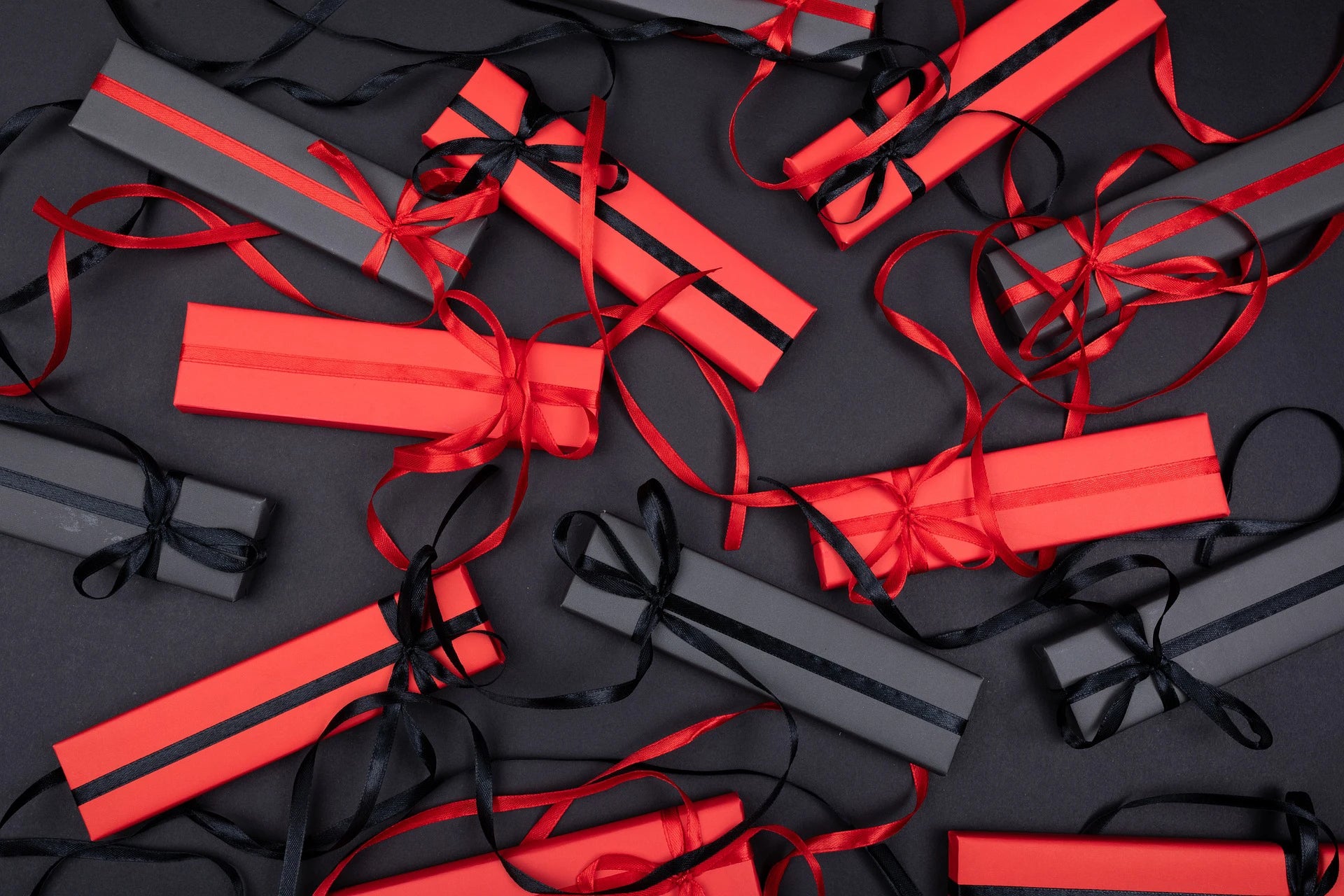Feeling off even when you’re drinking water throughout the day? Hydration isn’t just about fluids—it’s about electrolytes, too. These vital minerals help regulate energy, muscle function, and even brain health. In this post, we’ll break down six often-overlooked signs your body might be low on electrolytes—and how to replenish them with real food.
Backed by insights from expert sports dietitians and recent research, this guide will help you stay energized, balanced, and hydrated the right way.
Table of Contents:
-
What Are Electrolytes & Why They Matter
-
6 Sneaky Signs You Might Need More Electrolytes
-
How to Restore Electrolytes Naturally
-
Final Thoughts
1. What Are Electrolytes & Why They Matter
Electrolytes are minerals—like sodium, potassium, calcium, and magnesium—that carry electrical charges in your body. These charges help regulate everything from fluid levels and nerve signals to muscle contractions and your body’s pH.
“Electrolytes are essential for performance, energy, and overall hydration,” explains Dana Angelo White, M.S., RDN, ATC. And losing them—whether through sweat, illness, travel, or heat—can leave you feeling drained, dizzy, or even mentally foggy.
Let’s take a look at six warning signs you may be running low.
2. 6 Sneaky Signs You Might Need More Electrolytes
1. Persistent Fatigue
If you’re sleeping well, eating right, and still feel like you’re dragging through the day, your electrolyte balance might be off.
"An imbalance can interfere with how your cells and organs function—especially your nervous system," says sports dietitian Briana Butler, MCN, RDN. Low sodium, magnesium, or potassium levels can be major culprits behind unexplained fatigue and brain fog.
Tip: Notice fatigue after sweating heavily? Try sipping a lightly salted drink or snacking on potassium-rich foods like bananas or sweet potatoes.
2. Muscle Cramps or Spasms
Sudden cramps—especially during or after exercise—may point to low electrolyte levels, particularly sodium, magnesium, or calcium.
“When electrolytes are imbalanced, your muscles can misfire, triggering cramps,” says Amy Goodson, M.S., RD, CSSD. Sodium plays a key role in keeping your muscles relaxed and responsive.
Tip: During intense workouts, replenish with a sports drink—or eat a banana with some salted almonds for a natural combo of potassium and sodium.
3. Frequent Headaches
Ever get a headache after being in the sun or working out? You might be losing too many electrolytes, not just water.
“Dehydration shrinks brain tissue slightly, increasing nerve sensitivity and causing pain,” says dietitian Jenna Braddock, M.S.H. Low sodium and magnesium are common triggers of headaches and even migraines.
Tip: Try sipping coconut water (rich in potassium) or snacking on pumpkin seeds (loaded with magnesium).
4. Dizziness or Lightheadedness
Feeling woozy after a workout or on a hot day? It could be a drop in sodium or blood pressure.
“Sodium helps regulate blood pressure and volume,” explains Goodson. “If you drink too much water without replacing sodium, you may experience dizziness or a spinning sensation.”
Note: Endurance athletes are especially vulnerable to a condition called hyponatremia—dangerously low sodium caused by overhydration.
5. Muscle Weakness
If your muscles feel like jelly even after rest days, you might be lacking in potassium or phosphorus.
“Potassium is crucial for muscle contraction and electrical impulses,” says Butler. “And phosphorus plays a key role in energy production at the muscular level.”
Tip: Add foods like yogurt, lean meats, or edamame to your meals for a steady supply of muscle-supporting electrolytes.
6. Overheating or Trouble Cooling Down
Your sweat cools your body—but it also drains you of vital electrolytes. If you’re not replacing them, you may find yourself overheating quickly, even in mild temperatures.
“Without enough electrolytes, the body can’t regulate its core temperature efficiently,” notes White. This increases the risk of heat exhaustion or heat-related illness.
Tip: After intense heat or sweat, try salty snacks or electrolyte-enhanced beverages (just skip the ones with added sugar or dyes).
3. How to Replenish Electrolytes Naturally
You don’t always need fancy powders or pricey drinks to stay balanced. Here are some easy, natural sources of key electrolytes:
| Electrolyte | Best Natural Sources |
|---|---|
| Sodium & Chloride | Salted nuts, pickles, broths, soy sauce |
| Potassium | Bananas, spinach, avocados, potatoes, prunes |
| Calcium | Yogurt, milk, tofu, canned salmon, kale |
| Magnesium | Pumpkin seeds, chia seeds, black beans, cashews |
| Phosphorus | Cottage cheese, dairy, poultry, fish like salmon |
Pro Tip: Keep a few high-electrolyte snacks (like roasted chickpeas or salted trail mix) in your bag when traveling, working out, or spending time in the heat.
Conclusion
Hydration is more than just drinking enough water—it’s about maintaining electrolyte balance to support energy, mental clarity, and performance.
If you’ve been battling fatigue, cramps, or unexplained headaches, your body might be asking for more than water.
💪 Take action today:
– Eat more electrolyte-rich whole foods
– Be mindful of sweat loss and overhydration
– Keep a balanced approach to hydration
Stay in the Know!
Love our work? Subscribe to our email list and be the first to receive exclusive deals, early access to sales, promotions, blog posts, and the latest news—straight to your inbox!








